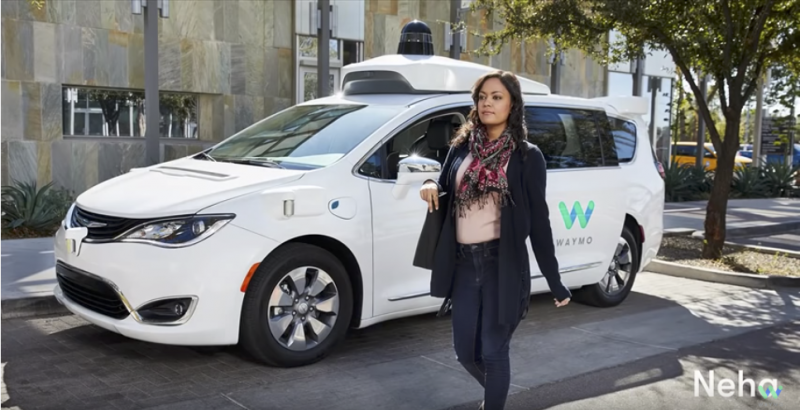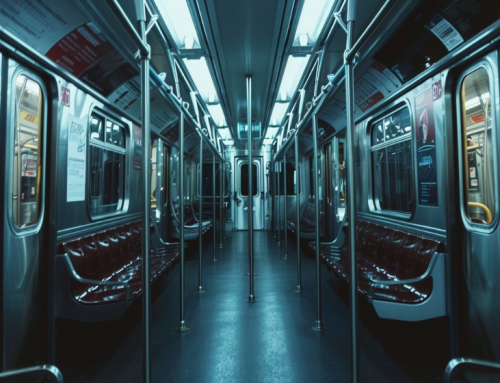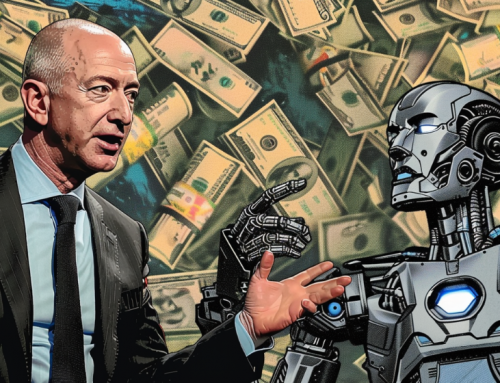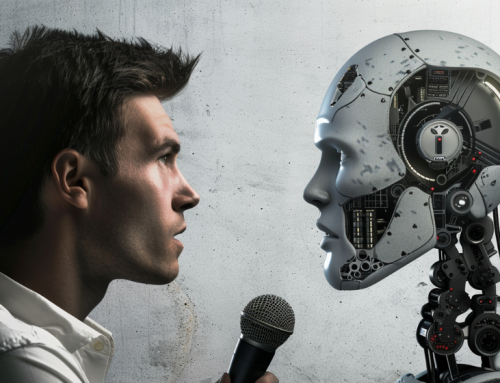Self-Driving Car Attacks, Polls Show Unpopularity of Vehicles
A story on CarandDriver.com reveals that animosity towards autonomous cars in the Phoenix area continues. Sparked in part by the death of a pedestrian hit by an Uber test vehicle in Tempe, AZ in spring of 2018, attacks on Autonomous Vehicles (AVs) have proliferated since. Waymo, Google’s self-driving vehicle arm, set its Chrysler Pacifica models prowling the streets of Chandler starting in 2016, and has become deeply unpopular as the cars roam neighborhoods.
Opposition to autonomous cars has incited people across the Phoenix area to both literally and metaphorically take up torches and pitchforks against them.
“Over the past three years, people have assaulted self-driving cars in the city nearly two dozen times, pelting them with rocks, trying to run them off the road, challenging them to games of chicken, and slashing their tires. One man even threatened an AV with a .22-caliber revolver,”according to Chandler police reports cited in Car and Driver.
Opposition to the cars apart from their omnipresence in a place like Chandler has to do with the multiplicity of problems with the concept of an autonomous vehicle. That ranges from a lack of national or industry standards for regulation, a lack of infrastructure plans for rollout or how people-driven cars and robocars will drive together and a lack of credibility for the tech firms testing them because of problems that continue to spring up and the delay in AVs’ readiness for mass use.
For instance, an AAA survey in 2017 found that 71% of people were afraid to ride in a self-driving car. A Pew Research Center poll found that 56% of Americans would not feel safe in a driverless vehicle. That’s even though autonomous cars have a much better safety record than humans, considering that they’ve traveled millions of miles and have a record of six accidents that they caused so far. People driving the AVs, however, were in 61 accidents that they caused.

Car and Driver’s story about the attacks on AVs.
As analysts have projected, self-driving cars will kill people, the question is how should they be programmed to deal with the “trolley problem” of deciding how to react in split-second situations. AVs have killed a total of six people so far, four of them drivers, two were pedestrians.
According to a story on carsurance.net, which aggregates quite a bit of data about autonomous cars, companies are investing in “meticulous” research to work out all the bugs in how the cars operate.
“Sometimes, these accidents are caused because a system reacted improperly, but mostly they’re influenced by the humans outside the vehicle. There have even been instances of people intentionally pointing guns at a passing autonomous vehicle. Moreover, 94% of all road accidents happen due to human error, as reported by the National Highway Traffic Safety Administration.”
Regardless of how negatively some people feel about AVs, statistics show they are generally safe, as long as conditions allow them to “see” where they are going adequately. Fog, rain and snow can impair Lidar systems, as well as too much sun. However, models such as Tesla’s rely on a multiplicity of systems and is less prone to failure. With the expectation that insurance companies will embrace them for their safety records, statistics show their presence will increase by 16% each year.
Even so, at least two groups have formed to protect the ability of people to drive cars if they so desire.
The Human Driving Association, founded in 2018, pushes for safer cars while protecting the freedom to own and drive them. It has nearly 10,000 members. Another called “Save Driving” plans to preserve the right of humans to drive while advancing lifesaving automotive technologies.








Leave A Comment